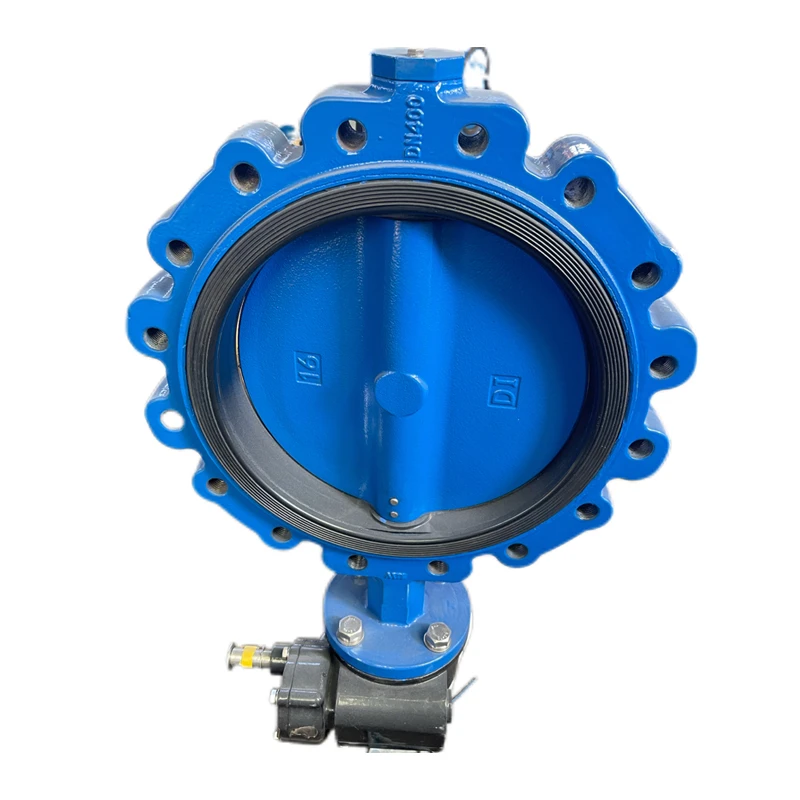10 月 . 22, 2024 12:53 Back to list
Understanding the MSS Swing Check Valve Design and Functionality for Efficient Fluid Control
Understanding MSS Swing Check Valves Design, Function, and Applications
In the world of fluid dynamics and piping systems, valves play a crucial role in directing, controlling, and regulating the flow of liquids and gases. Among the various types of valves utilized in industrial applications, the swing check valve, particularly as outlined by the Manufacturing Standards Society (MSS), is notable for its design and functionality. This article delves into the characteristics, operation, and applications of MSS swing check valves.
What is a Swing Check Valve?
A swing check valve is a type of non-return valve that allows fluid to flow in one direction while preventing backflow. The key feature of this valve is its hinged disc, which swings open to allow flow and closes when flow reverses, thus obstructing any reverse movement of the fluid. According to the MSS standard, swing check valves are engineered to provide reliable service while minimizing pressure drop during operation.
Design and Features
MSS swing check valves are characterized by their robust construction, typically made from materials such as cast iron, stainless steel, or bronze. Their design includes a disc that pivots on a hinge or a pin, and the body is designed to accommodate the disc's movement. Some common design variations include
- Horizontal and Vertical Installation Swing check valves can be installed in horizontal or vertical piping systems, though the horizontal setup is more common to ensure optimal functionality. - Spring-Loaded Options To enhance sealing capabilities and improve response times, some swing check valves are equipped with internal springs that keep the disc tightly sealed against the seat when flow stops. - Size and Pressure Ratings MSS swing check valves come in various sizes and pressure ratings, allowing them to be used in different industrial applications, from small residential pipelines to extensive infrastructure systems.
How Swing Check Valves Work
The operation of a swing check valve is straightforward but effective. When fluid enters the valve from the designated inlet side, the pressure pushes the disc open, allowing the fluid to flow freely through. Once the flow direction reverses or decreases in pressure to a certain level, gravity and reverse flow force the disc back against the seat, creating a seal that prevents backflow. This simple yet efficient design minimizes wear and provides long-lasting service while reducing the risk of system contamination.
mss swing check valve

Applications
Swing check valves have a wide array of applications across various industries due to their effectiveness and reliability. Some typical settings include
- Water Treatment Facilities These valves are commonly used to prevent backflow in systems involving potable water and wastewater treatment, ensuring water quality and system integrity. - HVAC Systems In heating, ventilation, and air conditioning systems, swing check valves help maintain unidirectional flow in hot and cold water lines, preventing potential damage from backpressure. - Industrial Processes Many manufacturing facilities utilize swing check valves to regulate flow in processes involving chemicals, oils, or gases, as they help maintain the necessary pressure and flow conditions in production lines.
Advantages of MSS Swing Check Valves
The benefits of using MSS swing check valves are manifold
1. Simplicity Their relatively simple design contributes to easier installation and maintenance compared to more complex valve types. 2. Cost-Effectiveness Swing check valves generally have lower initial costs and require minimal maintenance, providing a cost-effective solution over time. 3. Efficiency They offer low-pressure drop during service, making them suitable for systems where maintaining flow rates is critical.
Conclusion
MSS swing check valves are integral components in many fluid handling systems across various industries. Their straightforward operation, durability, and wide application range make them a popular choice for engineers and designers. As industries continue to evolve, the importance of reliable control mechanisms, such as swing check valves, will only increase, highlighting the need for ongoing innovation and adherence to quality standards in valve manufacturing. Whether for domestic plumbing, industrial processes, or large-scale water management systems, understanding the significance of these valves is essential for ensuring efficiency and reliability in fluid transport systems.
Share
-
Understanding the Differences Between Wafer Type Butterfly Valve and Lugged Butterfly ValveNewsOct.25,2024
-
The Efficiency of Wafer Type Butterfly Valve and Lugged Butterfly ValveNewsOct.25,2024
-
The Ultimate Guide to Industrial Swing Check Valve: Performance, Installation, and MaintenanceNewsOct.25,2024
-
Superior Performance with Industrial Swing Check Valve: The Essential Valve for Any SystemNewsOct.25,2024
-
Industrial Swing Check Valve: The Ideal Solution for Flow ControlNewsOct.25,2024
-
You Need to Know About Industrial Swing Check Valve: Functionality, Scope, and PerformanceNewsOct.25,2024